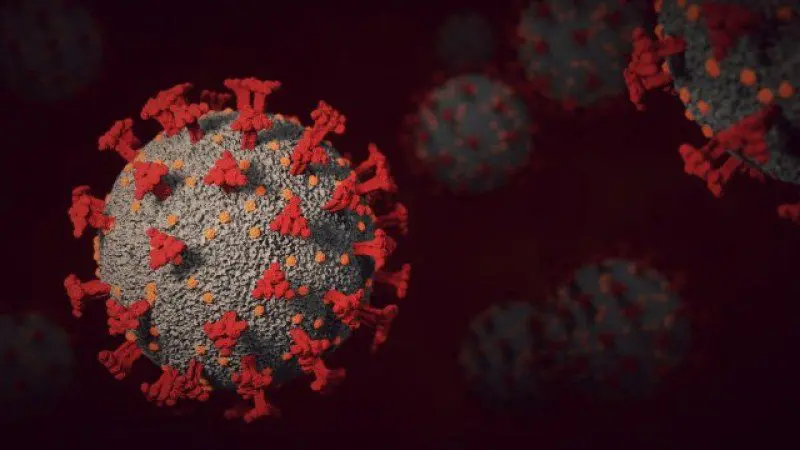Scientists advise to put a booster dose
Patients who have died of severe COVID-19 have changes in their brains, such as Alzheimer’s disease – accumulation of tau protein in brain cells and abnormal amounts of beta-amyloids that build up like plaque, Reuters reported.
The results are from small studies at Columbia University. Dr. Andrew Marx and colleagues worked with the brains of 10 patients with COVID-19 and found defects in ryanodine receptors that control the passage of calcium into cells.
In Alzheimer’s disease, defective ryanodine receptors contribute to the accumulation of tau in neurofibrillary tangles. They are many in the brains of patients with COVID-19, the team wrote in an article in the online library biorxiv and in a pre-press release about the Lancet.
All patients had the most severe form of COVID-19. But if similar changes occur in milder illness, this may explain the “brain fog” associated with long-term COVID. Patients with severe COVID may be at higher risk of developing dementia years later, but it is too early to draw such conclusions, writes Dr. Marx.
His advice is: “Put on a booster. If you get COVID-19, you may not die, but not much is known about the lasting effects.”







